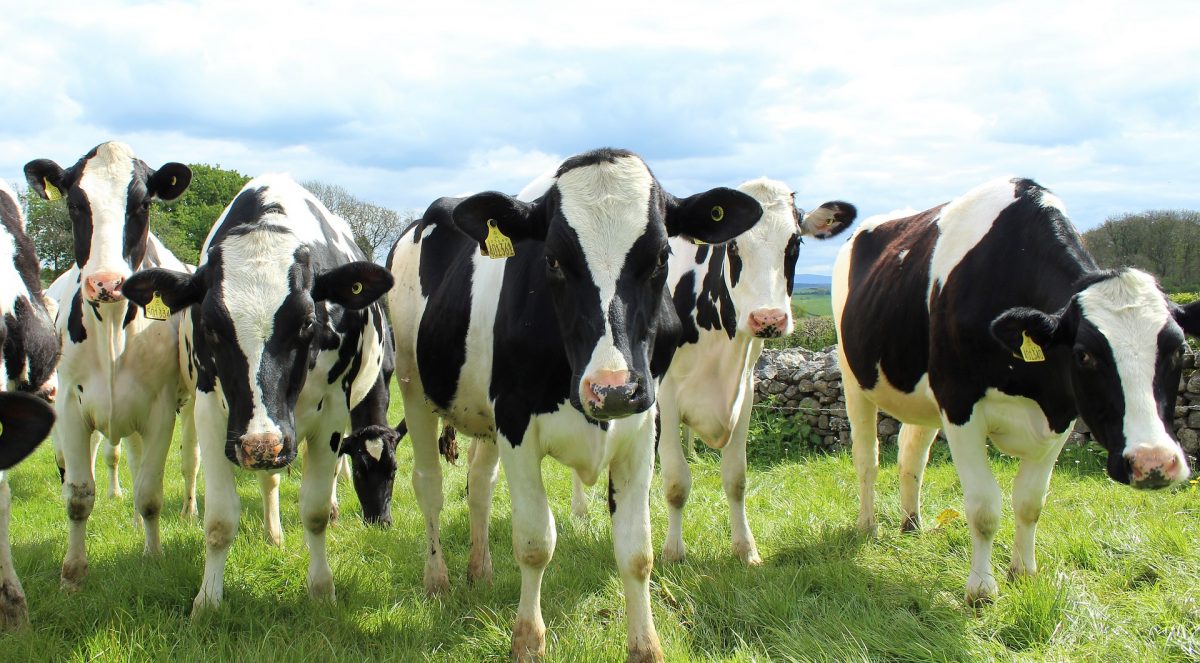New Lincoln University Pastoral Livestock Production Lab research, is defining how to get the maximum benefit from cows predisposed to urinate nitrogen (N), resulting in less leaching to the waterway.
PhD student Cameron Marshall has just published two new articles in top scientific journals as part of his doctoral thesis These show that what cows with phenotypically lower milk urea N eat, and how they eat, is important to reducing their environmental impact.
Cameron said inefficient N use from pastoral dairy production systems has resulted in concern regarding environmental degradation.
“This is a result of excessive urinary N leaching into waterways and nitrous oxide emissions from urination patches into the atmosphere,” he said.
“Cows are demonised for it.
“But dairy cows can be part of the solution too.”
Cameron’s first paper reported that cows with low milk urea N concentrations eating plantain rather than a ryegrass diet, urinate significantly less N excretion per urination event, thus reducing the potential N leaching to waterways.
The second paper reports that the grazing and ruminating behaviour of cows selected for divergent milk urea N, masticate, and ruminate the pasture they eat differently, which determines their rumen function and the efficiency of N digestion and use in the rumen.
This altered the N excretion patterns to the environment.
Cameron’s previous research has already shown that cows selected for low milk urea N had a 28% reduction in the urinary urea N loading rate per urine patch than cows with higher milk urea N breeding values.
Those ‘better cows’ also yielded an increase in milk protein percentage.
The results of this new research indicate two promising tools that temperate pastoral dairy production systems can use to reduce N losses and ameliorate the negative impact on the environment.
Cameron said his research showed promising results towards using an animal-based solution in conjunction with dietary management strategies to reduce the environmental impact from dairy farms in New Zealand.
Source: Lincoln University












